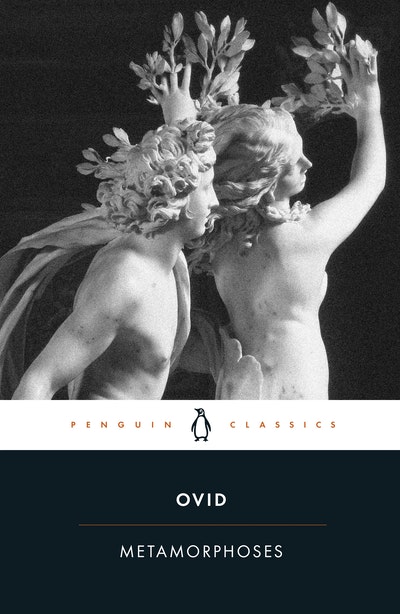- Published: 24 May 2006
- ISBN: 9780140449334
- Imprint: Penguin Classics
- Format: Paperback
- Pages: 304
- RRP: $23.00
Meditations
A new translation of Marcus Aurelius's pithy and inspirational philosophical notebooks.
Written in Greek by an intellectual Roman emperor without any intention of publication, the Meditations of Marcus Aurelius (AD 121-180) offer a wide range of fascinating spiritual reflections and exercises developed as the leader struggled to understand himself and make sense of the universe. Spanning from doubt and despair to conviction and exaltation, they cover such diverse topics as the question of virtue, human rationality, the nature of the gods and Aurelius's own emotions. But while the Meditations were composed to provide personal consolation, in developing his beliefs Marcus also created one of the greatest of all works of philosophy: a series of wise and practical aphorisms that have been consulted and admired by statesmen, thinkers and ordinary readers for almost two thousand years.
- Published: 24 May 2006
- ISBN: 9780140449334
- Imprint: Penguin Classics
- Format: Paperback
- Pages: 304
- RRP: $23.00
Other books in the series
About the author
Marcus Aurelius Antoninus was born in AD 121, in the reign of the emperor Hadrian. At first he was called Marcus Annius Verus, but his well-born father died young and he was adopted, first by his grandfather, who had him educated by a number of excellent tutors, and then, when he was sixteen, by Aurelius Antoninus, his uncle by marriage, who had been adopted as Hadrian's heir, and had no surviving sons of his own. Aurelius Antoninus changed Marcus' name to his own and betrothed him to his daughter, Faustina. She bore fourteen children, but none of the sons survived Marcus except the worthless Commodus, who eventually succeeded Marcus as emperor.
On the death of Antoninus in 161, Marcus made Lucius Verus, another adopted son of his uncle, his colleague in government. There were thus two emperors ruling jointly for the first time in Roman history. The Empire then entered a period troubled by natural disasters, famine, plague and floods, and by invasions of barbarians. In 168, one year before the death of Verus left him in sole command, Marcus went to join his legions on the Danube. Apart from a brief visit to Asia to crush the revolt of Avidius Cassius, whose followers he treated with clemency, Marcus stayed in the Danube region and consoled his somewhat melancholy life there by writing a series of reflections which he called simply To Himself. These are now known as his Meditations, and they reveal a mind of great humanity and natural humility, formed in the Stoic tradition, which has long been admired in the Christian world. He died, of an infectious disease, perhaps, in camp on 17 March AD 180.
Related titles
Praise for Meditations
Martin Hammond's translation of Marcus Aurelius' Meditations, like his Iliad and Odyssey, is the work of an unusually gifted translator, and one who understands the value added by careful attention to supplementary material. He writes natural English, direct and often eloquent; the text is well supported by effective notes and a characteristically thorough and well-planned index; Diskin Clay supplies a useful introduction. This is a fine volume
Malcolm Heath, Greece & Rome Journal
Marcus is well served by this new translation. Hammond has a pithy turn of phrase to match the emperor's own . . . His notes abound in helpful explanation and illuminating cross-reference. Diskin Clay contributes a sparkling and sympathetic introduction. The combination of introduction, translation and notes is as good as they get
John Taylor, Journal of Classics Teaching




























































































































































































































































































































































































































































































































































































































































































































































































































